#Germinal
Explore tagged Tumblr posts
Text
Just finished replaying Dragon Age II (first time i played it i was a teenager) and I have so many thoughts on Anders, as one does...
I think the centrist message of the game is strengthened many times by Anders being the only main character actively working to change the status quo of the story? When every other character opposes drastic change it feels like Anders is ‘betraying’ the core group by making those story-changing decisions on his own, and a random player’s allegiance will likely be to the mc and all of their chosen companions rather than those specific in-game groups like mages or elves. As Hawke, you can’t really directly participate one way or the other, you are simply giving your support to decisions made by the other characters, and so the first side to do something drastic is the one that feels like the more wrong one — narratively it’s of course more satisfying when it comes from the othered side (so, Qunari in Act 2, mages in Act 3).
Also, the nuance that the writers tried to include with numerous mentions of the mental toll of growing up in isolation against your will, the abuse that templars can easily cover up, swift executions — all of that is countered by blood magic and the existence of the Tevinter Imperium, and so again a random player walks away thinking ‘it’s a difficult situation but yes, perhaps there’s just no better solution for the mage problem’. Which is by design, of course, but leads to conclusions like 'ehh Anders only proved the other side right'. There's also of course the disconnect between the Chantry and the templars, the game is careful in painting the Chantry as 'blind to the abuse' rather than as the actual source of it. The Chantry came up with Magi Circles and the Templar Order is its military subdivision, but that can be easily overlooked when the local Grand Cleric was written as completely neutral despite her position of power, and so a major part of the audience reacts strongly to the destruction of a religious building as a parallel to modern real life burning of churches and mosques rather than recognizing the in-game context. Destroying the Chantry meant that Anders sought to change the system itself rather than targeting the symptoms (specific evil templars), and it is a much more powerful symbolical gesture in that way. As somebody who grew up in the faith, in one of those Circles, he is declaring that the Chantry failed him and others like him - he is not an outsider in this situation, no matter his current apostate status... And tbh I've always read Justice/Vengeance as more of an allegory than a straightforward demonic possession, pledging yourself wholly to the cause.
Also I have to mention… So Disco Elysium’s list of inspirations included the novel Germinal which is why I read it, and without spoiling too much I’ve been wondering if DA2 writers were also inspired by it. It’s a story about miners striking against their employers after being driven to it by abject poverty and hunger - everyone in the novel is aware that this strike is, unfortunately, beneficial to the company and so eventually the only available method of further protest is violence… There is an anarchist that reminded me of Anders, a man called Souvarine who has already been through a failed uprising (failed assassination of the russian tsar), who has a soft spot for a pet rabbit and who has a much better understanding of politics & socioeconomics than most other characters. Despite his educated background and delicate physical features, his personal ideology is alarmingly violent in a way that both impresses and scares the main character. He is absolutely not meant to be either ‘good’ or ‘bad’ and the author carefully avoids casting judgement on his actions despite their severity - I am pretty sure that his role in the book is representative of political revolutionary movements as a whole.
I absolutely recommend the book, especially if you liked Disco Elysium or Les Mis (or have been an Anders defender for a while lol), it is less hopeful than either one of them but in a very sympathetic way, sadly still very true to our lives. Best thing I've read in years. But yeah idk ANYWAY, DA2 has way too many mining-related environments for me not to at least consider this might not be a coincidence ahaha, in which case it’s a shame the message of the novel was interpreted through a much more ‘fun fantasy video game both sides are always wrong’ lens.
#anders da2#da2#dragon age#germinal#or perhaps i should read more books im sure there are more like this#rambling#long post#text
21 notes
·
View notes
Text
Aumentare il salario, che forse si può? Una legge di ferro lo fissa allo stretto necessario; all'indispensabile, perché l'operaio possa mangiare pane e sputo e procreare dei figli. Se il salario scende sotto quel livello, l'operaio crepa; e la richiesta di nuovi operai lo fa risalire. Se supera quel livello, cresce l'offerta di manodopera e lo fa calare. È l'altalena delle pance vuote, la condanna a vita alla galera della fame. Émile Zola - Germinal
14 notes
·
View notes
Text
Perhaps it was wiser after all to endure the suffering one was used to rather than swap it for another kind.
Émile Zola, Germinal (translated by Roger Pearson)
13 notes
·
View notes
Text
I was tagged by @acrazybayernfan to share 9 of my favorite books: I'm so sorry, i didn't see the tag till today *sigh* thank you for the tag 🩵 (et je pense relire La Quête du Saint-Graal, petit moment de nostalgie grâce à toi haha).
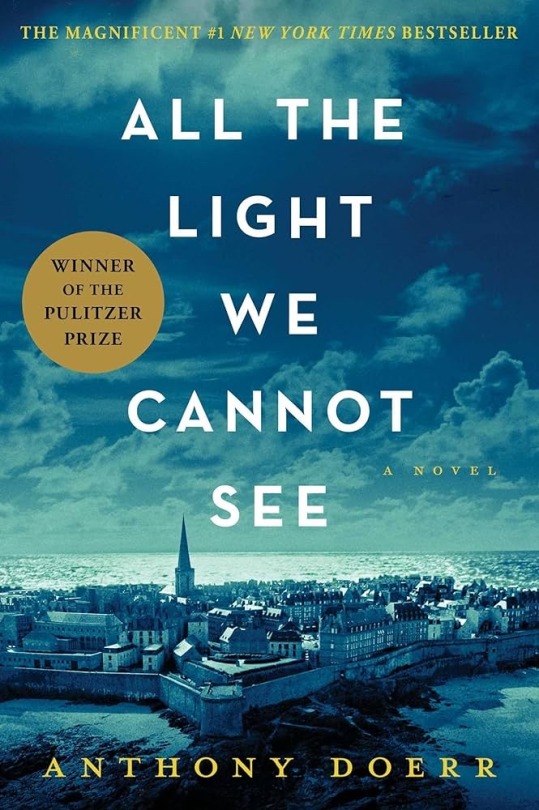
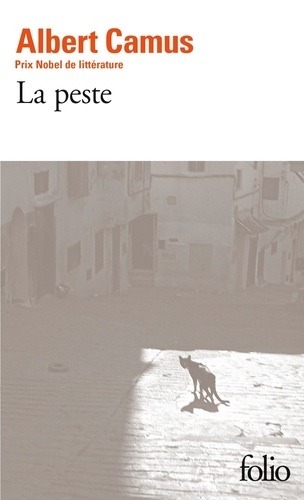
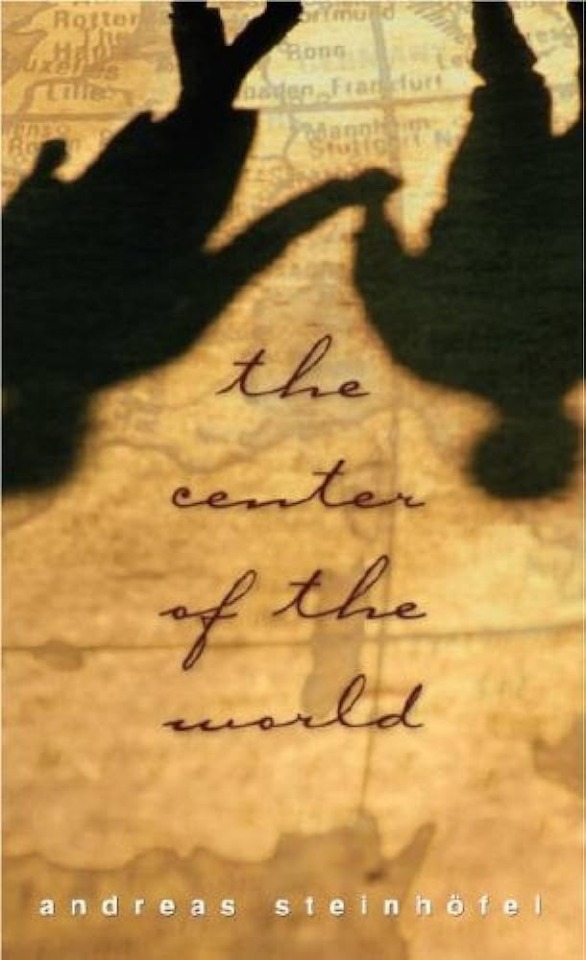

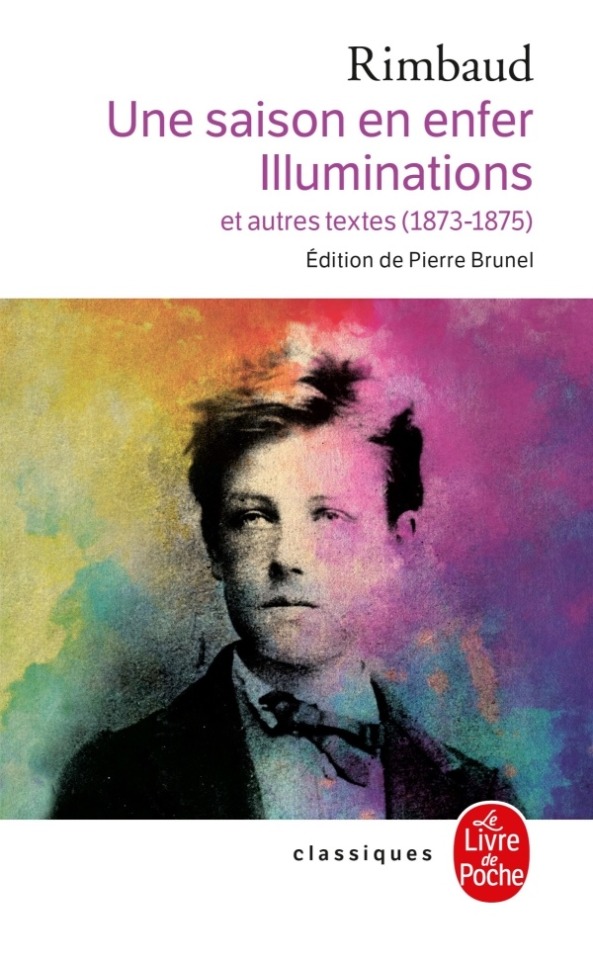

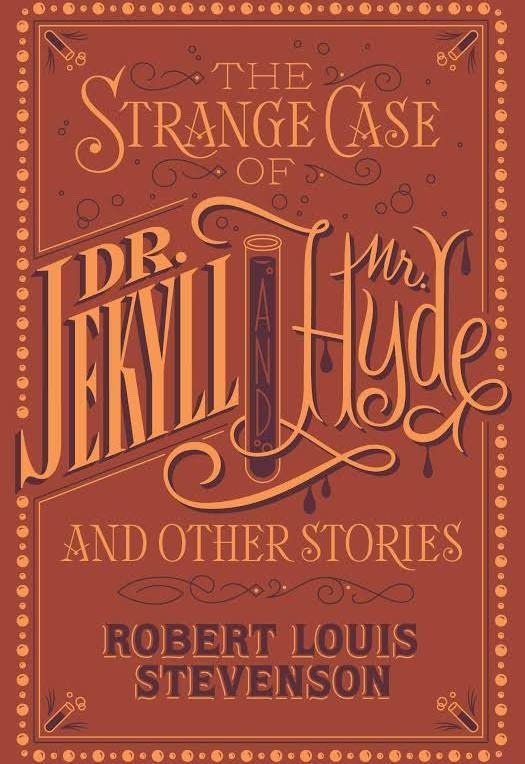

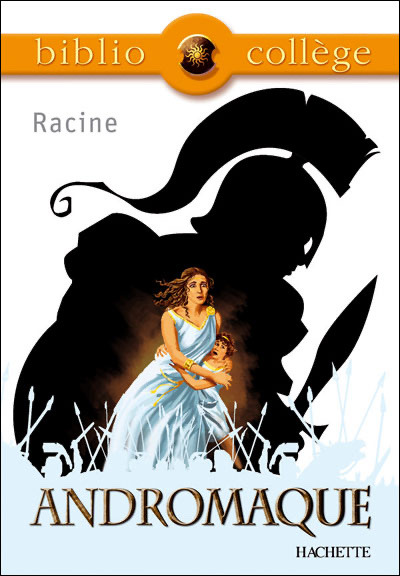
I wanted to add more like The Goblet of Fire or Peter Pan, it was so difficult to choose only 9 of them 😂
Tagging @ofbooksandstardustbook, @luzmyway, @game-set-canet, and whoever wants to do it ☺ (feel free to do it or not💜 )
#tag game#book game#all the light we cannot see#titanic#the center of my world#george mallory#une saison en enfer#arthur rimbaud#la peste#albert camus#the strange case of dr jekyll and mr hyde#robert louis stevenson#emile zola#germinal#andromaque
26 notes
·
View notes
Text
Why was Camille guillotined in GERMINAL of all months!!! Everytime I read articles on him (so basically every night), I get Germinal by Zola flashbacks and I have to go lay down and cry for an hour or so 😭😭😭
(this post is especially for you @mystirixana)
4 notes
·
View notes
Text
Round 1
This is my favorite book in all the world, though I have never read it.
-The Princess Bride, William Goldman
Over the open plain, beneath a starless sky as dark and thick as ink, a man walked alone along the highway from Marchiennes to Montsou, a straight paved road ten kilometres in length, intersecting the beetroot fields.
-Germinal, Emile Zola
In a hole in the ground lived a hobbit. Not a nasty, dirty, wet hole, filled with the rnds of worms and an oozy smell, nor yet a sandy, bare hole with nothing in it to sit down on or to eat: it was a hobbit hole, and that means comfort.
-The Hobbit, J.R.R. Tolkien
#polls#tournament poll#books#reading#round 1#the princess bride#william goldman#germinal#emile zola#the hobbit#jrr tolkien
60 notes
·
View notes
Text
She was as soft and gentle as silk, so tender he could almost eat her.
Germinal, Émile Zola, 1885
48 notes
·
View notes
Text

Germinal, Le Calendrier d'Hérouard pour Chéri Hérouard, 1917
#germinal#chéri hérouard#la vie parisienne#french republican calendar#french revolutionary calendar#spring#march
12 notes
·
View notes
Text
Reading an overly sentimental poem about Germinal at the stanza poetry festival :-)
@reggiespoon @anotherhumaninthisworld @commiecamille @saltforsalt
#frev#camille desmoulins#dantonists#indulgents#germinal#if one can be sure any historical person would want you to read sentimental poetry about their violent death on a stage#surely it’s Camille ??#Lucile Desmoulins
27 notes
·
View notes
Text

7 notes
·
View notes
Text
Thoughts about Germinal:
1- Fuck rich and ignorant people.
2- God bless you Etienne.
3- Fuck you too Etienne.
4- Poor everyone.
5- Fuck rich and ignorant people.
6- Wtf Suvarin.
7- Poor everyone.
8- Poor Maheude who didn't deserve any of this.
9- Fuck you too doctor.
10- Poor Catherine.
11- Fuck you Chaval.
12- Etienne and Catherine, you were way too late my dears.
13- The end for everyone.
2 notes
·
View notes
Text

5 notes
·
View notes
Text
Everyone tries to cancel Etienne Lantier for “not understanding principles of collective action” and “murder” as if he isn’t LITERALLY neurodivergent and a miner 🙄
20 notes
·
View notes
Text
… and they continued to exchange soft kisses, having no thought to any other form of contact and putting into their embrace all the pent-up passion of their forbidden feelings, every moment of affection and painful martyrdom they had ever known.
Émile Zola, Germinal (translated by Roger Pearson)
15 notes
·
View notes
Text

Guillaume Arnault
9 notes
·
View notes
Text

Revolutionary honey
#Germinal#Louise Michel#French Revolution#Paris commune#Jules Vallès#Maxime Lisbonne#Eugène Varlin#Eugène Bizeau#off topic#Floréal#Prairial#Messidor#Thermidor
19 notes
·
View notes